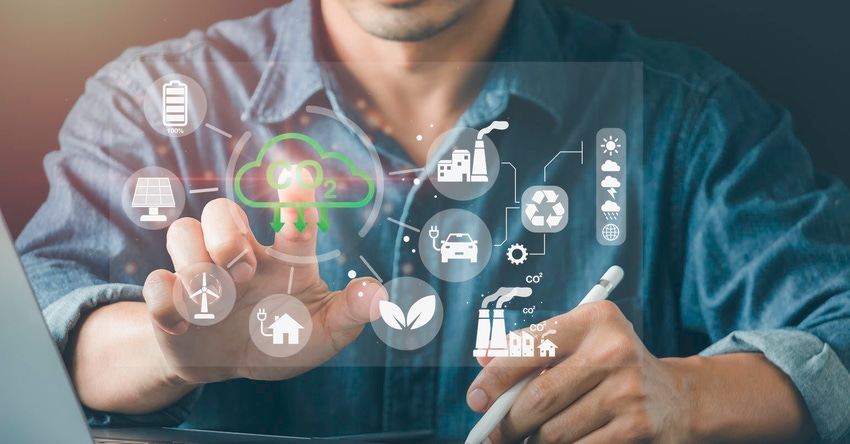Braskem Partners with Northwestern to Scale Novel Carbon Conversion Technology
The co-electrolysis process converts CO2 from industrial operations into useful products.
October 24, 2023

In its latest quest for sustainable solutions in plastics and chemicals, Braskem is joining forces with Northwestern University to create a technology platform that converts CO2 from industrial operations into useful products, reducing greenhouse gases (GHG).
Based on co-electrolysis, the project in development aims to decarbonize chemicals and materials via a modular system that transforms increased volumes of CO2. Co-electrolysis uses electricity to turn CO2 into value-added products.
Unlike typical CO2 -converting electrochemical devices, in which water is converted into oxygen, the system being devised sparks two concurrent reactions — creating intermediate chemicals and final products for commercial applications.
Spearheading Northwestern’s contribution are Professor Ted Sargent and Dr. Ke Xie, recognized as global experts in electrocatalysis for CO2 conversion.
"In recent years, Braskem has signed several partnerships to study the possibilities and alternatives for using the CO2 generated by its operations,” explained Gus Hutras, Braskem’s global process technology director. “Through this partnership with Northwestern University, using the cutting-edge infrastructure of its laboratories and Professor Sargent’s and Professor Xie’s expertise, we will undoubtedly deploy an innovative technology: CO2 conversion through co-electrolysis. Therefore, we will efficiently reduce our greenhouse gas emissions and open up new conversion possibilities through this pioneering and disruptive initiative.”
The project, at the lab stage for the past year, will be ramped up during the three-year partnership agreement with the goal of validating the technology for scale up and deployment in industrial applications. The resulting system is also expected to help Braskem reach its sustainability targets of reducing its GHG emissions 15% by 2030 and attaining carbon neutrality by 2050.
“This partnership with Braskem is very exciting,” Xie said. “It allows the team to explore new and adoption-accelerating concepts for the electrification of chemicals production.”
About the Author(s)
You May Also Like


